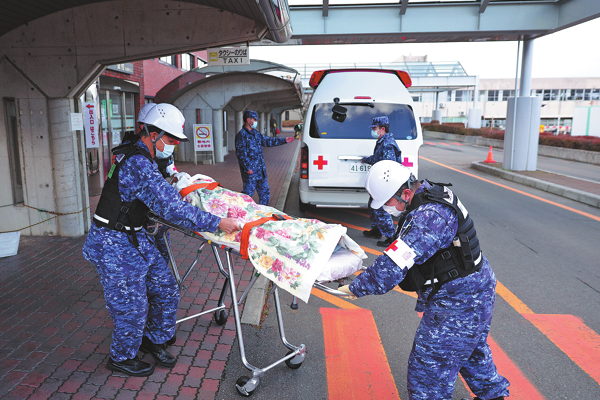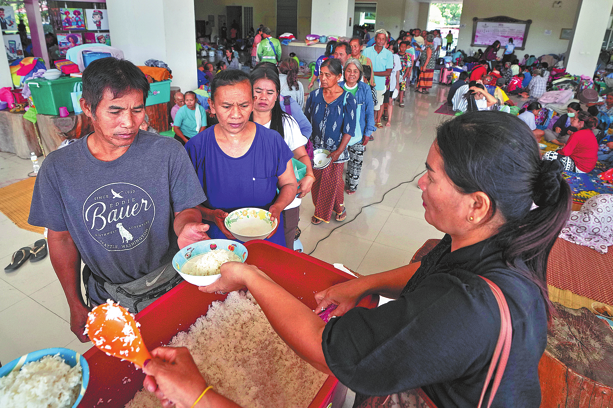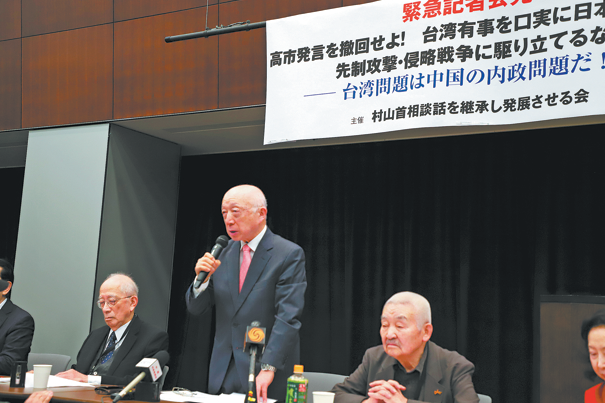PM Albanese's Labor Party wins landslide victory in Australian election


CANBERRA -- Prime Minister Anthony Albanese's center-left Labor Party has won a second term in power in Australia's federal election.
Labor on Saturday night retained power in a landslide election victory that is set to deliver the party its most seats in the lower house of the federal parliament, where the government is formed, in history, according to projections from the Australian Broadcasting Corporation (ABC).
It makes Albanese the first leader of either major party to win consecutive elections since 2004.
Delivering his victory speech at a Labor event in his native Sydney, Albanese described serving as prime minister as the "greatest honor" of his life.
"Australians have chosen to face global challenges the Australian way, looking after each other while building for the future," he said.
Albanese pledged to "govern for all Australians" and said that the re-elected government would spend "every day" of the next three years repaying voters' trust.
"We take out this task with new hope, new confidence and new determination. Together we are turning a corner and together we will make our way forward," he said.
"This is a time of profound opportunity for our nation. We have everything we need to seize this moment and make it our own, but we must do it together."
As of 10:45 pm local time (1245 GMT), the ABC projected that Labor was likely to win at least 87 of the 150 seats in the lower house of the 48th parliament, surpassing the party's record-high of the 86 seats it won in the 1986 election.
The official count conducted by the Australian Electoral Commission put Labor ahead of the conservative Coalition of the Liberal and National Parties 56.4-43.6 on a two-party basis as of Saturday night, with voters swinging towards the government across the country.
Among the seats won by Labor was that of Dickson in Brisbane's north, which had been held by opposition leader Peter Dutton since 2001. It makes Dutton the first opposition leader to lose his seat at a federal election in Australian history.
The ABC said that the opposition Coalition was likely to win at least 39 lower house seats, with 12 going to minor parties and independents and the remaining 12 still in doubt.
Addressing supporters at an election night event in Brisbane earlier, Dutton said that he had called Albanese to concede defeat.
"We didn't do well enough during this campaign, that much is obvious tonight, and I accept full responsibility," he said.
Dutton's defeat in Dickson means that members of the Liberal Party, the senior partner in the coalition, will have to elect a new party leader to serve as the opposition leader in the 48th parliament.
On Saturday, polls opened at over 7,000 locations across Australia, with voters set to decide if Albanese's center-left Labor Party will govern for a second term or if the conservative Coalition of the Liberal and National Parties, led by Dutton, will win power.
Voting in the election is mandatory for all Australian citizens aged 18 and over who are registered on the electoral roll maintained by the Australian Electoral Commission, with those who fail to do so facing small administrative fines.
When Australians vote in federal elections, they fill in two ballot papers, one for the lower house of the federal parliament, the House of Representatives, and one for the upper house, the Senate.
All 150 seats in the lower house will be filled at the election, as well as 40 out of 76 seats in the Senate. Each lower house seat represents an electorate, geographic divisions that each contain approximately the same number of voters, while Senators represent their state or territory.






























